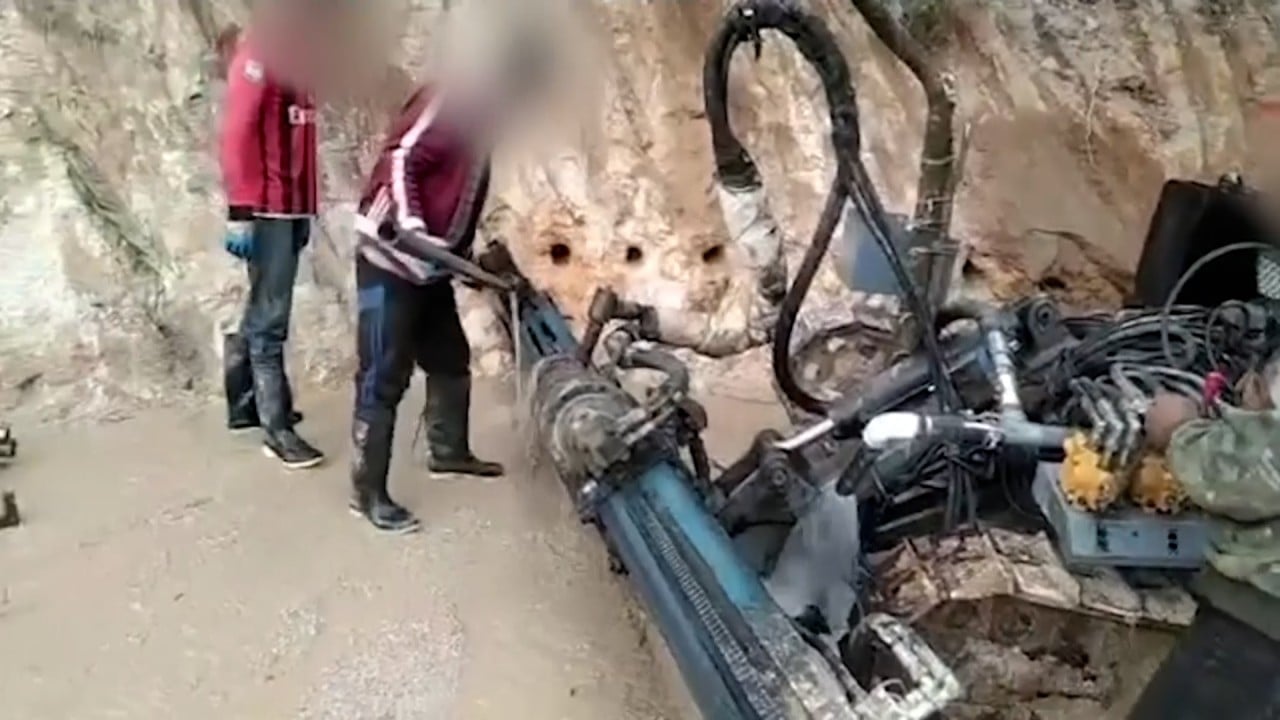
World’s oceans need protection before deep-sea mining frenzy wreaks permanent damage
- The failure of negotiations over how to safeguard ocean health and achieve equitable sharing of mining profits has opened the door to new projects
- The intergovernmental agency in charge of the world’s seabeds now must consider and provisionally approve any mining requests, making regulation all the more urgent
In June 2021, Nauru applied to the International Seabed Authority (ISA) for a mining permit on behalf of Nauru Ocean Resources Inc (NORI), a subsidiary of Canadian firm Metals Company, triggering an obscure provision under the United Nations Convention on the Law of the Sea that gave the ISA two years to establish some rules and regulations before the start of mining.
Unfortunately, the high-stakes ISA deliberations currently under way in Jamaica are floundering in their last days. The ISA counts 168 countries plus the European Union as members and exerts exclusive jurisdiction over half the earth’s surface.
Sharp, far-ranging disagreements remain. Negotiators are sparring over how to safeguard ocean health and achieve equitable sharing of mining profits among all nations as joint owners of our “common heritage”. Some hope a draft compromise will be ready for the authority’s November meetings.
These divisions differ from the familiar tensions between the Global North and Global South or those between China and the West playing out in other geopolitical arenas. The 14 countries sponsoring exploration or research contracts – Britain, China, Russia, South Korea, India, France, Poland, Brazil, Japan, Jamaica, Belgium, Nauru, Tonga and Kiribati – want a legal framework so deep-sea mining can start soon.
Unable to bridge these differences, delegates are likely to leave Kingston empty-handed. They had until July 9 to adopt the world’s first environmental protections for deep-sea mining in international waters and establish a system for collecting royalties from contractors extracting the metals.
Since no global framework was approved in Kingston by the deadline and the chances are highly unlikely that an agreement will be struck before adjourning later this month, the ISA must now consider and provisionally approve any mining requests under existing rules.

UN Secretary General Antonio Guterres and the UN General Assembly have a responsibility to stop the frenzy and elevate deep-sea mining to a top priority. That can start with Guterres using his bully pulpit to flag concerns and launch high-level talks to freeze mining activities.
He could demand an acceleration in research so policymakers can better understand how mining would devastate the Earth’s fragile ecosystems and evaluate feasible mitigation approaches. The global cooperation behind the Covid-19 vaccine demonstrates the potential when countries collectively channel resources for a common purpose.
Aquaman star warns of deep-sea mining peril to Pacific
Guterres could also signal that the United Nations is pursuing closer oversight of the ISA to address ethical concerns. A New York Times investigation revealed how the ISA selectively released data identifying the most lucrative tracts, key information that gave the Metals Company a major edge to its mining ambitions. The ISA has denied those claims, but the allegations have tarnished its credibility and objectivity.
The UN must be a more vigilant watchdog, especially now that mining contracts are close to being approved despite the legal ambiguities. Contracting an independent, third-party task force would be a good start in creating an agenda of long-needed reforms.
This top-to-bottom audit should include an examination of the exploratory missions already under way without rigorous supervision by the ISA. It should also assess whether the ISA’s 52 permanent staff members and US$10 million annual budget are adequate to effectively manage responsibilities once deep-sea mining projects get the green light. The ISA’s 34 recommendations from 2016 remain a good road map forward.
We will soon regret being driven by the ambiguous “two-year rule”. A cautious and deliberate approach is essential for our survival. UN leadership must take the first steps.
James David Spellman, a graduate of Oxford University, is principal of Strategic Communications LLC, a consulting firm based in Washington


